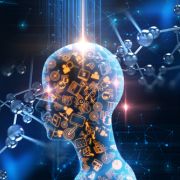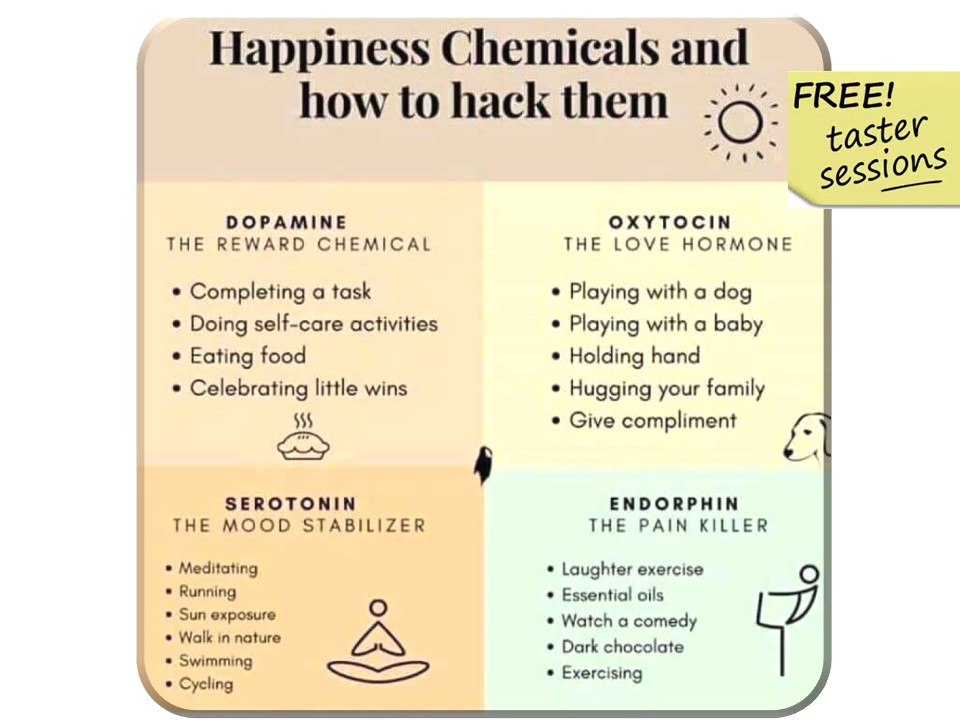Applying the Science of Neuro-Science

How Neuroscience Helps Us Understand the Mind, Brain and our Emotional Intelligence
Just as computers are hard-wired with electrical connections, the brain is hard-wired with neural connections. These connections link together its various lobes and also link sensory input and motor output with the brain’s message centres, allowing information to come in and be sent back out.
One major aim of current neuroscience research, then, is to study how this wiring works and what happens when it’s damaged. New developments in brain scanning allow researchers to see more detailed images and determine not only where there may be damage but also how that damage affects, for instance, motor skills and cognitive behaviour in conditions like PTSD, Stress, Performing under Pressure, our Emotional Intelligence and our overall, well-being.
This virtual workshop covers:

- Working through Trauma What is Trauma.?
- Trauma is simply trapped emotional energy from one’s past such as ones childhood or even a few months ago it gets stored in the body and thus becomes trapped emotions. Normally in a traumatic event, a huge amount of energy is made available in our bodies so that we can deal with that event.
- These energies take up space and distort the vibration where they are trapped, eventually leading to not only a disruption in the organs and tissue in that area, but globally in the whole body and often we become overwhelmed – shocked – and the energy that should be there to help us becomes frozen and stuck. Having ‘nowhere to go’, this trapped energy results in symptoms such as: exaggerated emotional reactions, and extreme mood-swings, Sleeping poorly, Panic attacks, Flashbacks and nightmares, Numbness and lack of feelings, Unexplained medical disorders, Muscle tightness and pain, Headaches, Chronic fatigue, Psychosomatic illnesses, Skin problems, Digestive problems, lack of motivation, depression.. etc.
- Managing The 5 F’s of Trauma: 5 hardwired responses to trauma: fight, flight, freeze, flop, and friend. In a moment of danger, these responses all happen automatically to try to keep us safe.
- Understanding the impact of the Kubler-Ross Change Curve – working through the 5 Emotional feelings of Grief
- Reframing our Thoughts – Positive Psychology / Thinking Tools
- Creating Winning Behaviours and Attitudes and a Positive Outlook
- Gaining the psychological advantage by applying neuro-science
- Building our Emotional Resilience
- Harnessing the power of the brain to increase Innovation and Creativity
- Improved Decision-Making Skills
- Developed Neuro-Leadership Skills
Today’s leaders need a deeper ability to communicate and influence in order to drive higher levels of accountability and productivity on their teams. In this highly interactive neuro-leadership training workshop, we will explore how neuroscience can be applied to leadership and challenge each participant to consider how embracing new leadership methods will enhance and support the rapid growth of them as individuals and of their Group / Team or Organisation.
Understanding the neuroscience behind making a decision can be helpful when targeting new behaviours and changing bad habits. When you reach a fork in the road and need to make the right decision for your long-term health and well-being, using the brain science behind decision-making is a useful tool.
Decision-making is in the locus of your control. You have the power to break patterns of behaviour simply by making better decisions. You can change your mind and your actions at any time. Even when you’re stuck in a cycle of rut-like thinking and behaviour, a change of attitude and decision-making can turn your life around.
Keep taking your self-medicated Happiness Pills!
YES!…you really CAN improve your well-being and happiness by neuro-discipline by educating your brain to produce these mood-changing chemicals… on-demand

For further information, please call us today on 0844 745 2120 or contact us by clicking below
